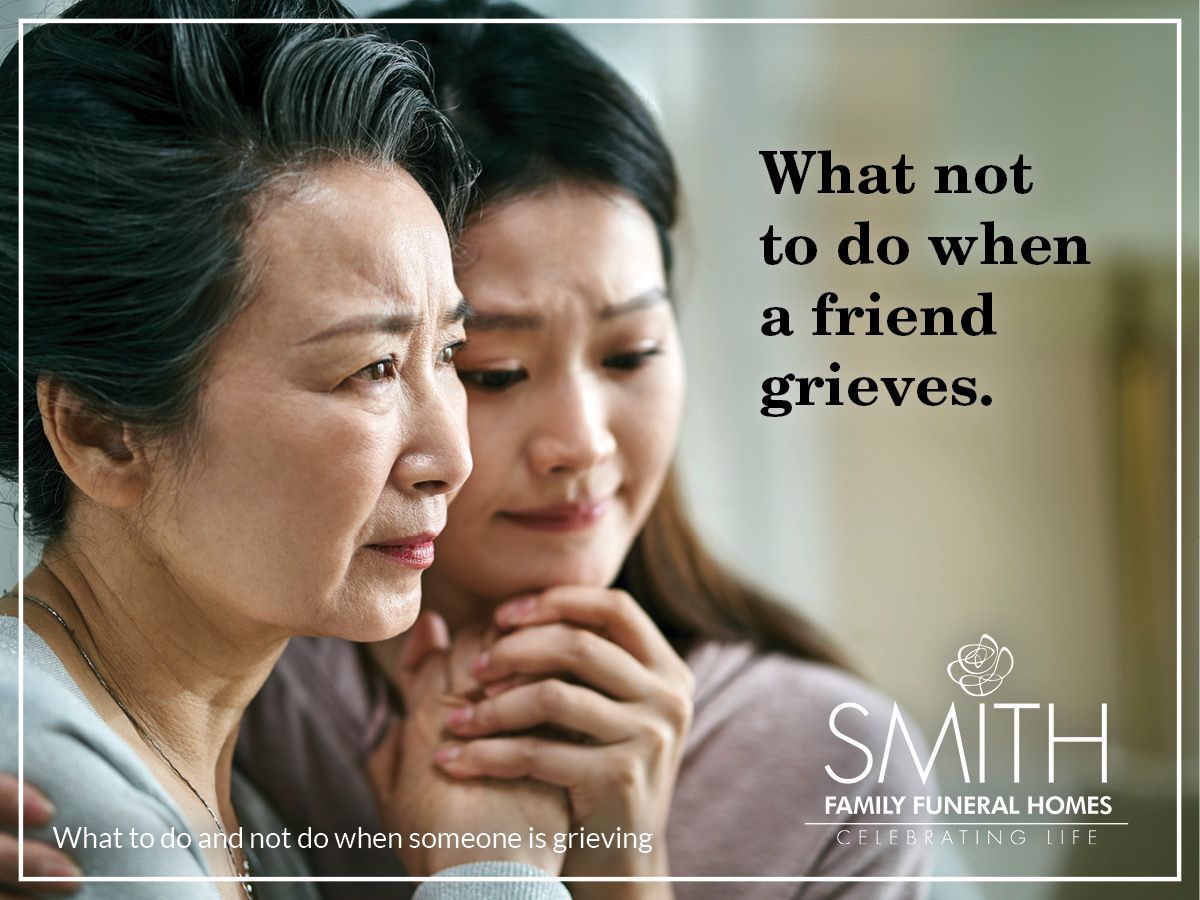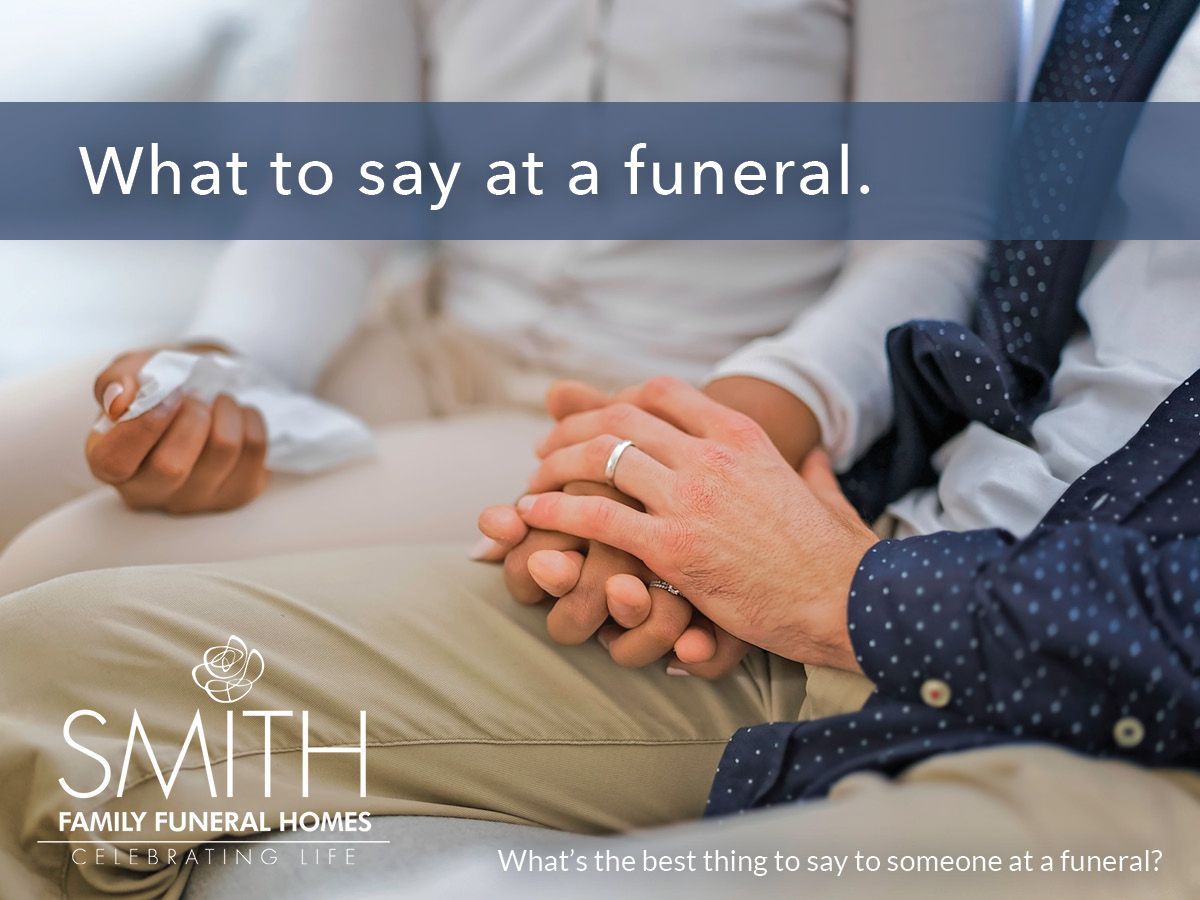
When a loved one dies unexpectedly, many things race through the minds of the people who loved them. In addition to thinking about funeral plans, there may be concerns about whether or not the death was accidental. Or questions may arise around whether other people are at risk of dying in the same way. When these kinds of concerns come up, your loved one may have to undergo an autopsy. Not everyone will have to have an autopsy when they die, but it may be legally required for your loved one. So, when do autopsies have to happen?
When is an autopsy required?
Although not everyone will have an autopsy, one may be required based on the state you’re located in. Because an autopsy is used to help determine how someone died, nearly every state requires an autopsy if the decedent died in a suspicious or unnatural way. An autopsy can also be used to help study a public health concern, so many states require one when someone is suspected of having died from something that may affect others, like an outbreak of a dangerous disease or tainted food.
An autopsy may also be required when no doctor can officially state what the cause of death was. If no doctor was present at the time of death or knew the decedent’s health well enough prior to their death, a doctor may request an autopsy. In some cases, a condition may only be able to be diagnosed after someone has passed, which is another reason why a doctor may say that an autopsy is necessary.
Can you say no to an autopsy?
Whether or not an autopsy is optional depends on your state’s laws. Your state may require that you have to have an autopsy if a crime is suspected or if other people are in danger of dying the same way, such as by a fast-spreading disease. However, if a doctor requests an autopsy without there being any circumstance required by law to have one, you can deny the doctor’s appeal.
Certain religions, including Islam and Judaism, consider autopsies to be against their faith as they believe that a body is sacred and cannot be desecrated. However, these beliefs can sometimes put religious practitioners at odds with laws regarding requiring autopsies. In some places, those who do not want autopsies due to religious beliefs can request that their loved one has a non-invasive autopsy, like CT scans or blood cultures, to determine the cause of death instead. However, it’s not always possible to use those methods to find the cause of death and a more thorough autopsy may still be required.
How can you request an autopsy?
If you are your loved one’s next-of-kin, you can ask a coroner for an autopsy if you believe that your loved one died unnaturally. However, a coroner may say that there is no evidence of a suspicious death and deny your request. Unless otherwise required by state law, a coroner does not have to perform an autopsy.
If you still believe that the cause of death is worth investigating, you have other options aside from the coroner. If your loved one died in a hospital, you could ask the hospital if they perform autopsies. Unfortunately, most hospitals today no longer perform those procedures. You could find someone to perform a private autopsy, but it’s important to note that insurance does not cover them, and they can cost thousands of dollars. Additionally, there’s little regulation when it comes to private autopsies. Unfortunately, there are some companies out there who take advantage of that little regulation and grieving families who are searching for answers. Be sure that you are only working with a licensed forensic pathologist.
Does an autopsy affect a funeral?
There’s a commonly held myth that autopsies delay funerals and prevent open-casket funerals. To determine the cause of death, autopsies should happen very soon after someone passes. Additionally, they typically only take one to two hours to perform. A standard autopsy will generally not delay a funeral. When your loved one is returned to you to prepare their funeral, you’ll also find that they can still have an open-casket funeral. A professional funeral director or mortician can easily hide the incisions made during the procedure.
When a loved one dies, an autopsy may have to happen, although certain laws may allow you to decline one depending on your religious beliefs. But if you’re worried that an autopsy will affect your funeral plans, talk to your funeral home about your concerns. With their trained staff, you'll find that your loved one’s funeral will still be timely and can be open casket if that’s what you and your loved one wanted.
Smith Family Funeral Homes provides quality funeral, memorial and cremation services to the families of Central Arkansas. Their six locations can be found in Little Rock, North Little Rock, Westbrook, Sherwood, Benton and Arkadelphia. With a privately-owned crematory operated by licensed professionals, Smith Family Funeral Homes can guarantee their high standard of care throughout the cremation process. To learn more, visit smithfamilycares.com.












